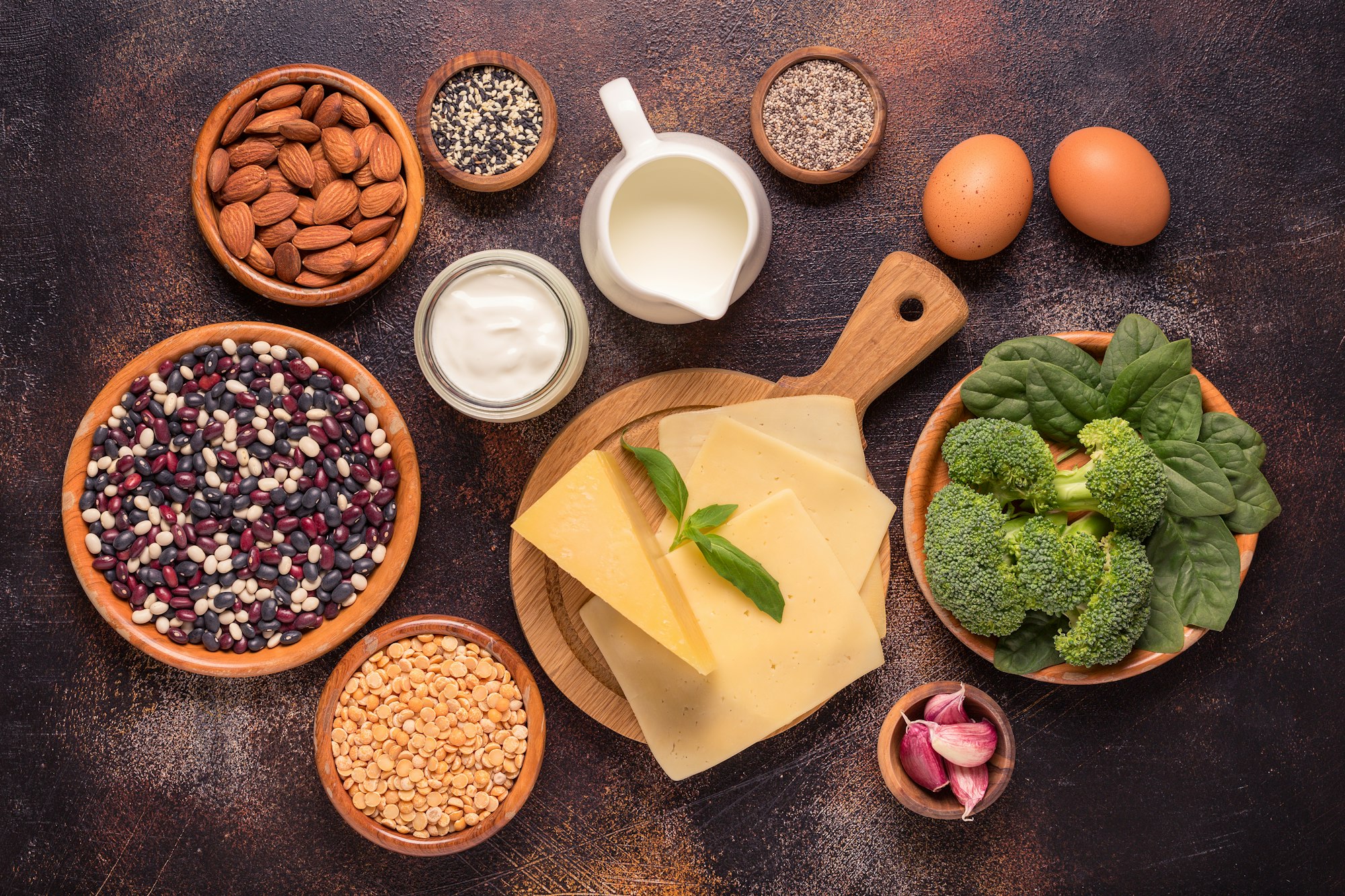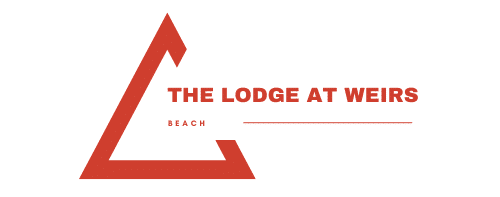What Are the Best Non-Dairy Calcium Sources for Allergy Sufferers?

If you’re among the many people with a milk allergy or lactose intolerance, you may find yourself in a predicament when trying to get enough calcium in your diet. Dairy products such as milk, cheese, and cream are traditionally the go-to sources for this essential mineral. However, for those dealing with intolerances or allergies, relying on these foods isn’t an option. Yet, it’s crucial that your health doesn’t suffer as a result. Fortunately, there are numerous non-dairy calcium sources out there, many of which are plant-based, protein-rich, and delicious to boot.
Going Dairy-Free: Understanding the Need for Calcium
Before we delve into the top non-dairy calcium sources, it’s important to understand why we need calcium in the first place. This mineral plays a key role in our health, supporting bone strength, aiding in nerve signal transmission, and promoting proper muscle function.
Lire également : How Does Laughter Therapy Impact Mood and Immune System in Hospitalized Patients?
For children, calcium is particularly crucial as it supports their growing bones and teeth. Adults, on the other hand, need adequate calcium to prevent osteoporosis and ensure their body functions optimally.
When you’re allergic to cow’s milk or other dairy products, you may experience symptoms such as bloating, diarrhea, and skin rashes. Clearly, it’s important to avoid these foods, but where else can you get your calcium?
A découvrir également : The benefits of a lifting mask for the skin
Plant-Based Calcium Sources
There’s a common misconception that dairy is the only source of calcium. Luckily for those with allergies, this is far from the truth. A variety of plant-based foods are rich in this mineral.
For example, soy products are an excellent dairy-free source of calcium. Soy milk, tofu, and tempeh not only contain high levels of calcium but are also rich in protein.
Green leafy vegetables are another excellent source. Foods such as kale, spinach, and broccoli all contain significant amounts of calcium. They are also packed full of other essential nutrients, making them a great addition to any diet.
Seafood and Calcium
While plant-based foods are a fantastic source of calcium, they’re not the only option for those avoiding dairy. Certain types of seafood are also rich in this vital mineral.
For example, canned sardines and salmon, especially those with bones, are surprisingly high in calcium. Not to mention, they come with the added bonus of being rich in omega-3 fatty acids and protein.
Calcium-Fortified Foods
In recent years, due to increasing awareness of dietary restrictions and health needs, many food manufacturers have started fortifying their products with calcium.
This means that even if a food doesn’t naturally contain calcium, it might have been added during production. Foods like cereals, orange juice, and non-dairy milks are often fortified with calcium, making them a great choice for those avoiding dairy.
Supplements as a Source of Calcium
If you’re finding it difficult to get enough calcium from your diet, supplements may be a viable option. It’s always best to get nutrients from real, whole foods when possible, but sometimes allergies, dietary restrictions, or other health problems make this challenging.
In such cases, a calcium supplement can help bridge the gap. However, it’s important to consult with a healthcare professional before starting any new supplement regimen. They can help ensure that it’s a safe and effective option for you.
As you can see, dairy products are far from the only sources of calcium. Whether you’re embracing a plant-based diet, love your seafood, or need to rely on fortified foods or supplements, there’s a multitude of ways to ensure you’re getting enough of this essential mineral. For those with milk allergies or lactose intolerance, this is good news indeed. After all, nobody should have to sacrifice their health because of dietary restrictions.
Exploring Non-Dairy Milk Alternatives
The rise in food allergies, especially cow milk allergy, has led to a surge in the range of non-dairy milk alternatives available in the market. These milk alternatives often serve as excellent sources calcium while being free from milk allergens.
Soy milk, as mentioned earlier, contains high levels of calcium, matching cow’s milk in terms of calcium content. It also packs a good amount of protein, essential amino acids, and is often fortified with vitamins and minerals.
Almond milk, another popular dairy-free option, provides a significant amount of calcium. While it doesn’t naturally contain as much calcium as cow’s milk, most commercial brands are enriched with extra calcium, making it a good choice for those with a milk allergy.
Oat milk and coconut milk are other wonderful milk alternatives. Oat milk is known for its creamy texture and nutrient content including calcium, while coconut milk, though lower in calcium, is often fortified and thus can contribute to your daily intake. Keep in mind that these alternatives should be consumed as part of a varied diet to ensure a wide spectrum of nutrients.
Allergy-Friendly Calcium-Rich Recipes
Incorporating non-dairy sources of calcium in your diet does not mean your meals have to be boring. There are an array of recipes that not only cater to food allergies but also make your diet nutritionally balanced.
For breakfast, a smoothie made with almond milk, fortified orange juice, spinach, and chia seeds would be a great start. Lunch could be a hearty salad with kale, broccoli, tofu, and sesame seeds. For dinner, a salmon or sardine dish paired with a quinoa salad would pack a powerful calcium punch. And, of course, a glass of your preferred milk alternative could be a great addition anytime.
Calcium-fortified cereals and oats can also make for a quick, easy, and calcium-rich meal. For a snack, roasted soy nuts or a piece of fruit can provide a small but significant amount of calcium.
Conclusion
Living with a milk allergy or lactose intolerance doesn’t mean you have to sacrifice your calcium intake or resort to a diet that’s lacking in taste or variety. From plant-based options like soy and green leafy vegetables to seafood and calcium-fortified foods, there are numerous ways to ensure you’re getting enough calcium while remaining dairy-free.
Moreover, the range of non-dairy milk alternatives available today, such as soy milk, almond milk, oat milk, and coconut milk, not only provide a good amount of calcium but also add variety to your diet.
Remember, it’s always important to consult with a healthcare professional before making any significant changes to your diet, especially when dealing with food allergies or intolerances. They can provide guidance, ensuring that you get all the essential nutrients your body needs in a safe and healthy way.
In a nutshell, there’s no need to feel restricted by a milk allergy or lactose intolerance. With a bit of creativity and planning, you can enjoy a diverse, delicious, and nutritionally balanced diet that caters to your calcium requirements.
